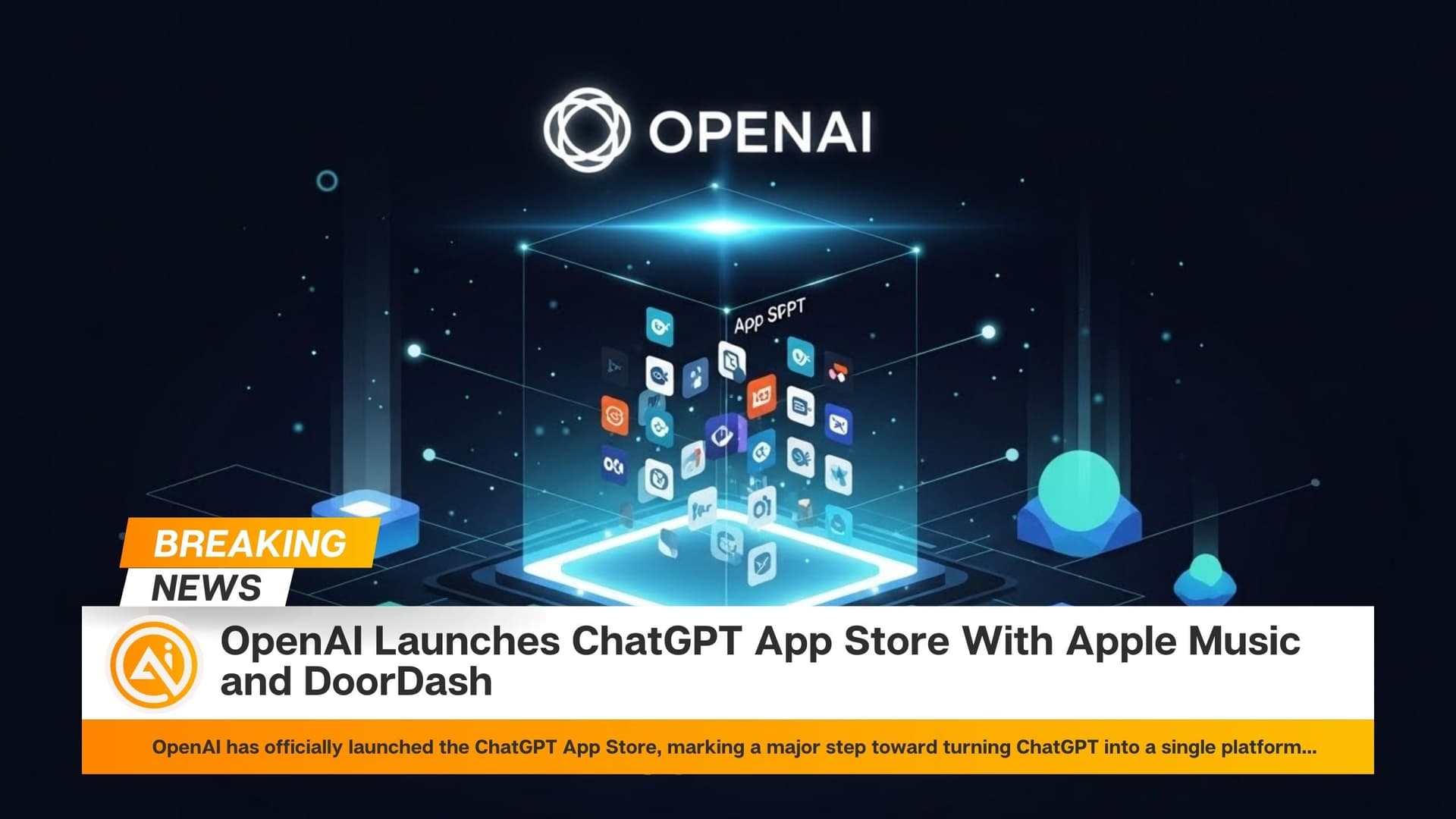OpenAI's Chief Financial Officer, Sarah Friar, has announced that the company is creating an artificial intelligence agent capable of performing the entire job of software engineers. This new AI, dubbed A-SWE, aims to go beyond merely assisting human engineers, as seen with tools like Copilot, to autonomously build applications and handle mundane tasks such as quality assurance testing, bug fixes, and documentation.
During her presentation at the Disruptive Technology Symposium in London, Friar explained that this development could significantly enhance the productivity of software engineering teams by acting as a multiplier of their capabilities.
The A-SWE initiative represents a pivotal step in OpenAI’s exploration of agentic AI, which refers to systems that can independently execute tasks on behalf of users. Friar highlighted that this follows the release of prior agentic tools like Deep Research, which generates detailed research reports, and Operator, which manages web-based tasks. Looking further ahead, she suggested that future AI agents could extend human knowledge, potentially leading to groundbreaking innovations.
Additionally, Friar discussed enhancements made in OpenAI’s latest model, GPT-4.5, which has been tuned to possess higher emotional intelligence (EQ) in addition to its technical prowess, allowing it to excel in design and creativity. Despite the potential benefits of AI collaboration, workforce concerns persist, as surveys indicate apprehension about significant job displacement risks due to advancing technologies.
Friar also outlined OpenAI's broader strategy as it transitions from solely building models to developing AI infrastructure and applications, comparable to Amazon’s investments in AWS. The company is collaborating on the $500 billion Stargate project, aimed at boosting its computing power and ensuring that it can accommodate growing demands efficiently. With OpenAI witnessing rapid growth, tripling its revenue over the past three years and boasting 400 million weekly active users, Friar hinted that an initial public offering may be considered in the future, although it is not currently imminent.
